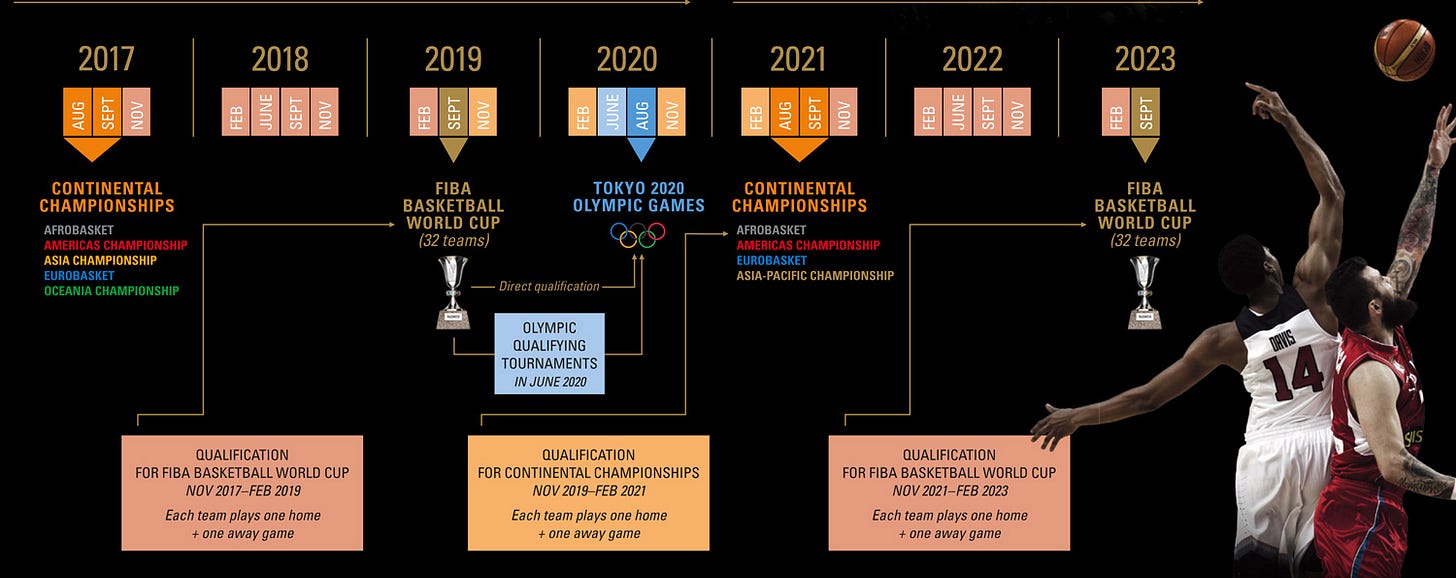Will New Zealand Breakers blur the Boomers' 2020 vision?
The New Zealand Breakers have been part of the NBL for over 10 years now, becoming one of the powerhouses of the competition. Featuring in yet another grand final series this year, it is clear that they are a legitimate force in the Australian national league.
Will their success potentially impact on the Australian Boomers' chances of qualifying for the Olympics in future?
Six players on the Breakers, as well as assistant coach Paul Henare, featured for the Tall Blacks, New Zealand's national team at the 2015 FIBA Oceania Championships. Australia's most-represented NBL team, the Adelaide 36ers, boasted just two participants, with the majority of Boomers playing on foreign shores.
It's not a problem right now. Is there any chance at all, that having a New Zealand team in our national league hurts the future competition potential of the Boomers?
Why, you may ask? For one, Tall Blacks are one side that Australia will need to consistently beat or out-perform to reach international competitions such as the Olympics. Currently, we are making it through because of the pool of available Boomers talent who make themselves available for qualifying games. In saying that, these talents rarely gets to play together; it is difficult for the team to gel in what is normally only a short period of time.
New Zealand on the other hand, has the majority of their squad playing together almost all year round, and possess a level of chemistry that an Australian national team may never have. Yes, Australia does boast a more talented roster. However, it would be foolish to think that New Zealand didn't push the Boomers in the Oceania Championships despite the Boomers, who on paper, should have easily won both games.
The argument could be made that having the New Zealand Breakers in the NBL makes the competition stronger. Thus Australian talent playing at home would be playing in a better quality league and would in theory improve. It's hard to argue against that.
FIBA's new competition system
It is also worth recognising that from 2017, there is a new qualifying process for both the FIBA Basketball World Cup and the Olympic Games. A combined Asia-Pacific group will be provided with up to seven places in the rebranded 2019 FIBA World Cup to be hosted by China. This new process should in fact make it far easier for both Australia and New Zealand to qualify.

The Olympics present a different scenario, given that fewer places are available. If Australia is not the best Oceania team at the World Cup, they will find themselves in a qualifying tournament against some of the top teams from around the world. This makes the competition between Australia and New Zealand even more important, and is a reason why Basketball Australia must look to identify and take advantage of any opportunity they can to find a long-term competitive advantage.
It doesn't appear that the New Zealand Breakers will be going anywhere anytime soon, as they continue to help foster the next generation of Tall Black stars.
With so much talent available and rising through the ranks in Australia, it is hard to see the Boomers not having the edge in talent over their cross-Tasman rivals any time soon. Despite all this, future Olympic qualification could come down to the age-old argument of whether a team of champions is better than a champion team.

